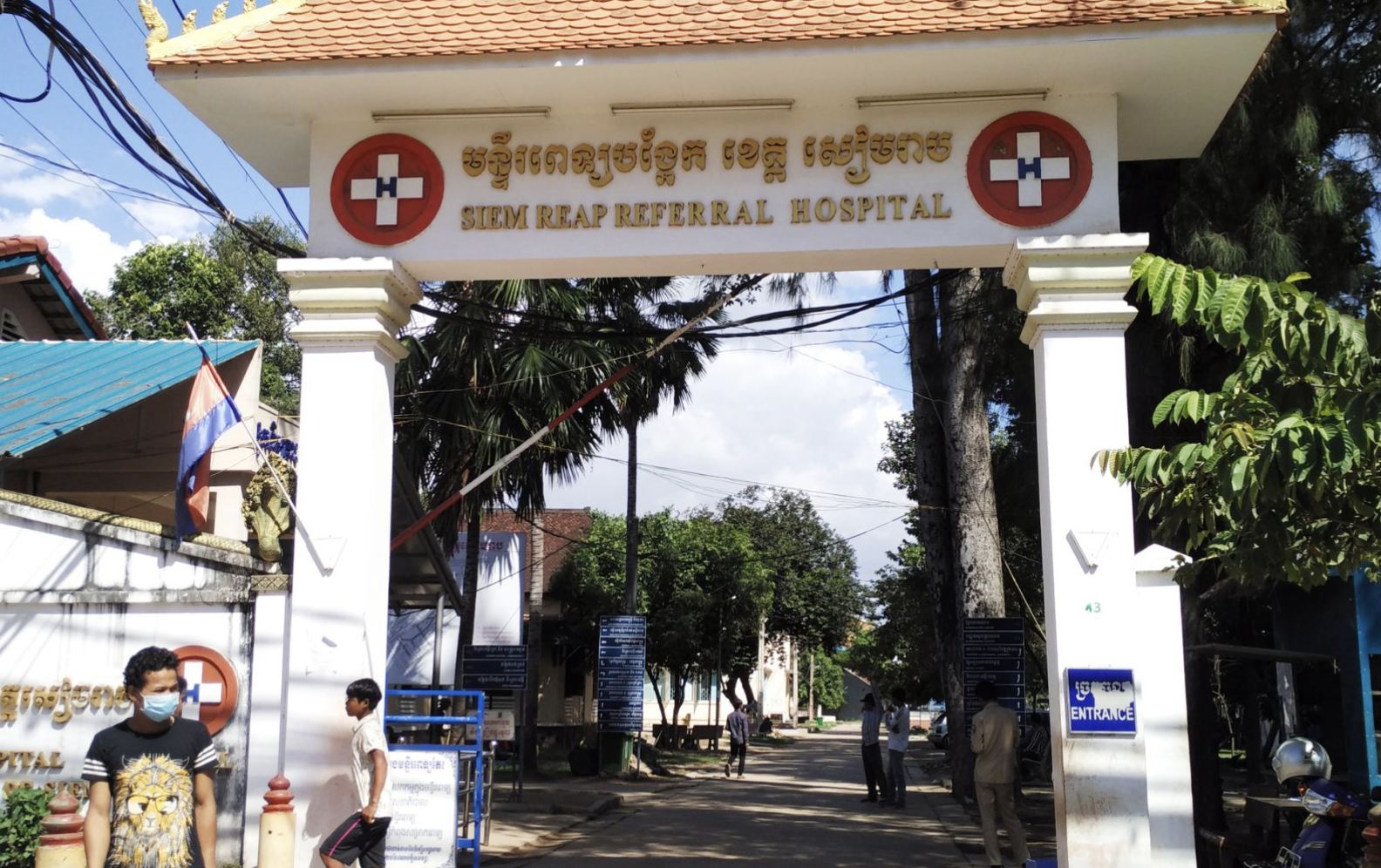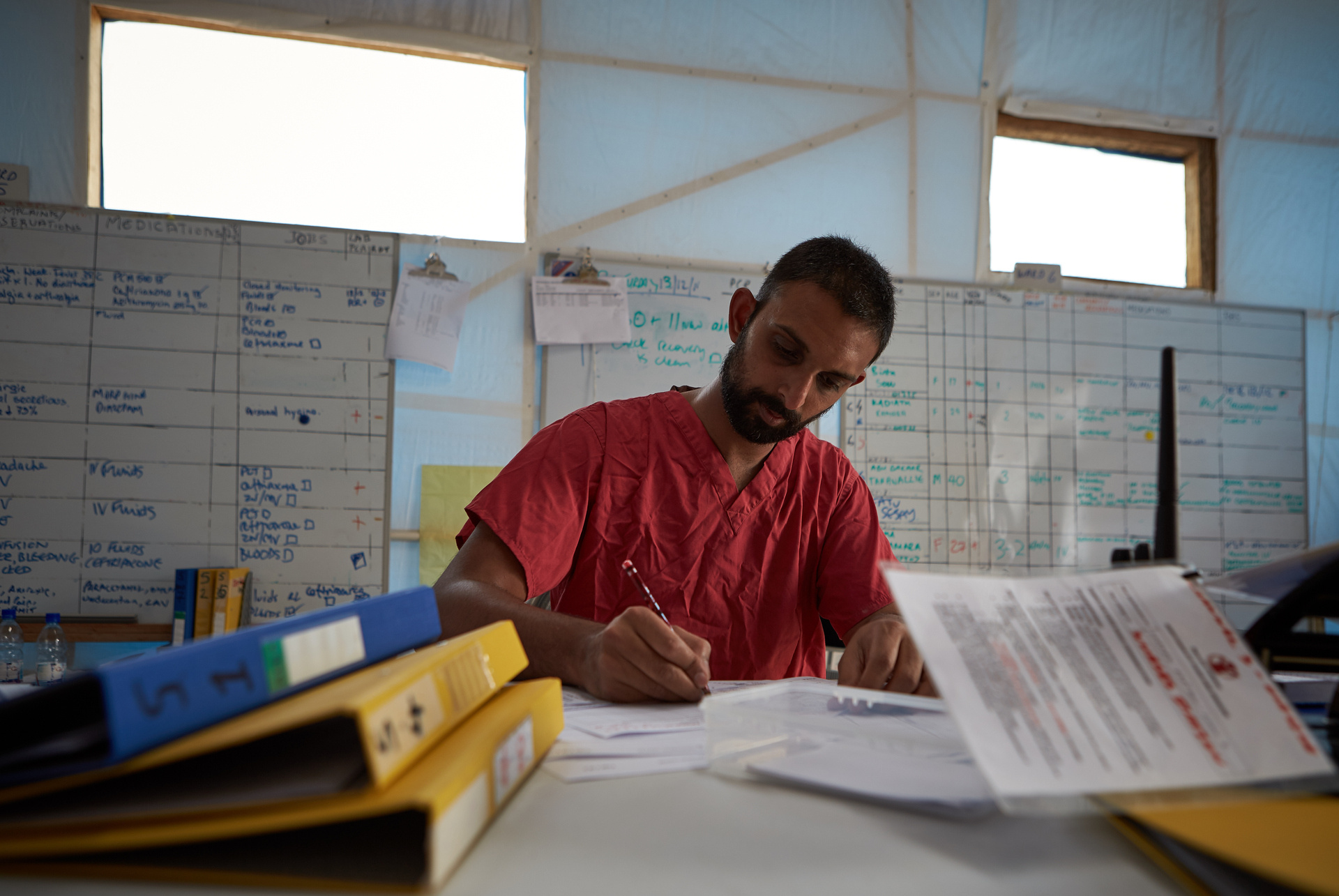A new report by R-Health Consult, commissioned the European Federation of Pharmaceutical Industries and Associations (EFPIA), highlights the significant health and economic benefits of investing in the prevention, early detection, and treatment of five major...

‘No plans’ to allow private health cover of GP care
Australia does not plan to create a two-tier healthcare system by bringing in private insurers for GP care. The Health Minister shuts down all calls for letting private insurers cover GP care.Calls to lift the ban on private health insurers subsidizing GP visits have...

Why has NHS England been abolished and what does it mean for patients?
As announced by Prime Minister Keir Starmer, National Health Service (NHS) England is being abolished and merged with the Department of Health and Social Care to reduce bureaucracy. This restructuring aims to enhance efficiency, although it may result in job losses...

Rethinking Sustainable Health Financing in Africa: From Dependence to Partnership
The Africa Health Agenda, emphasized at the AHAIC 2025 conference, highlights the urgent need for African nations to shift towards proactive health strategies and sustainable, locally-led financing in response to declining external support and rising health...
Medicare austerity reforms and patient out-of-pocket costs: The experience from Australian cancer patients
This paper analyzes trends in provider fees, government spending on private out-of-hospital medical services, and out-of-pocket costs for cancer patients following policy changes aimed at reducing government expenditure. It highlights significant variations in...

Financing of the Colombian Health System during a period of reform
Colombia's healthcare system is still in the process of reform. The Ministry of Health indicates that the amounts granted to the capitation payment units in recent years have not been sufficient. It calls for clarification of payment modalities to EPSs for the coming...

Why So Many Cambodians Travel Abroad For Medical Care
The author highlights the challenges and misdiagnoses faced in the Cambodian healthcare system that push many to seek medical treatment abroad. It underscores the rising trend of medical tourism due to inadequate domestic options, the financial burden of healthcare,...
Gender bias in health financing methods: metrics and data
A new commentary published in BMJ Global Health by Kalipso Chalkidou and Richard Sullivan explores how commonly used economic methods and data in health financing may unintentionally reinforce gender bias. Drawing on findings from The Lancet Commission: Women, Power...

Countries strategize to sustain health coverage amid global health financing challenges
Global policymakers and partners convened to address health financing challenges, exploring strategies to sustain health services amid aid withdrawal and shaping a resilient, adaptive global health financing system. Last week, the Alliance for Health Policy and...
Public health in Germany: structures, dynamics, and ways forward
Germany faces challenges in public health despite its strong economy and social welfare system, with health indicators lagging behind other European nations. Key issues include the lack of a central public health authority, insufficient funding for prevention, and...
Sumar Program: an important contributor to UHC in Argentina over 20 years
As part of the Health Systems & Reform journal 2024 edition devoted to Objective-Oriented Health Systems Reform: Implications for Moving Towards Universal Health Coverage, Martin Sabignoso and colleagues look at the legacy of the Programa Sumar in Argentina. Their...

Mexico strengthens its healthcare system by integrating public health and medical care
In order to achieve universal access to health care, the Mexican government knows that public health is a key element of the health system. This way the attention to the population is done in a more efficient way, thus improving the quality of service and waiting...

Afghanistan’s new National Health Policy (2025–2030): a roadmap to a healthier future
The Afghanistan Ministry of Public Health and WHO launched the National Health Policy (NHP) 2025–2030 to provide quality health care access for all Afghans. The policy emphasizes governance, financing, and workforce development, aiming for a resilient health system...

Addressing Africa’s health financing gap: Insights from the AHAIC Conference
Experts at AHAIC 2025 emphasised domestic resource mobilisation, prevention, and public-private partnerships to close Africa’s health financing gap, with only $40 per capita for healthcare in many nations. At the Sixth Africa Health Agenda International Conference...

Changing global health landscape affects the Caribbean
The Caribbean countries, small island nations and the region in general must adapt to changing financing for global health. Increased South-South collaboration and enhancing regional cooperation are the future of resilient and sustainable Universal Health Coverage.The...
